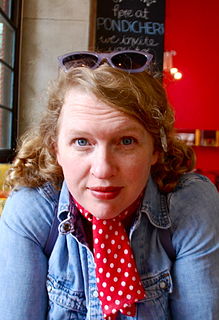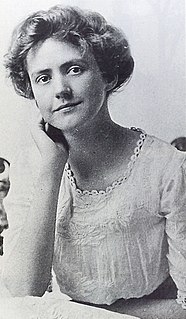A Quote by Tom Junod
But stories don't only speak; they are spoken to, by the circumstances under which they are written.
Related Quotes
We're looking for stories that speak to us. We're looking for stories that connect us with something true. But, instead, a lot of the time we get strippers. All I'm saying is, when boys are writing the stories, the percentage of strippers is bound to go up. And real stories about real women kinda don't get written at all.
My stories are not Christianized at all. I don't even have any Christians in my stories. What they are, are stories about ordinary people going through extraordinary circumstances in which I'm exploring truth. How light overcomes darkness in a way that's unmistakable to anyone who has any kind of faith.
The perfect life, the perfect lie, I realised after Christmas, is one which prevents you from doing that which you would ideally have done (painted, say, or written unpublishable poetry) but which, in fact, you have no wish to do. People need to feel that they have been thwarted by circumstances from pursuing the life which, had they led it, they would not have wanted; whereas the life they really want is precisely a compound of all those thwarting circumstances.
Text input is certainly useful, but images and speech are a much more natural way for humans to express their queries. Infants learn to see and speak well before they learn to type. The same is true of human evolution - we've had spoken language for a long time compared to written language, which is a relatively recent development.
I can speak of my own criterion for judging whether or not a book is good or bad. I ask of it a single question, From how deep and true an impulse did it spring? Was it written merely to shock? Only to make money? Or was it written to create something more perfect and more lasting than the life experience from which it came?
For the only way one can speak of nothing is to speak of it as though it were something, just as the only way one can speak of God is to speak of him as though he were a man, which to be sure he was, in a sense, for a time, and as the only way one can speak of man, even our anthropologists have realized that, is to speak of him as though he were a termite.

































